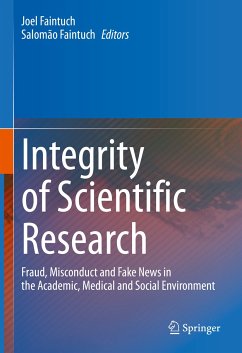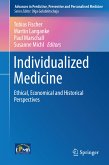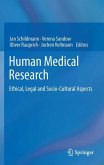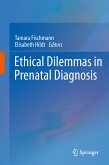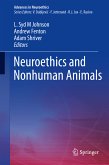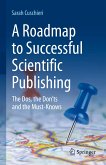This book provides a scientific and ethical approach to all forms of fraud and misconduct focusing on a scholarly however practice-oriented description of the problems, roots and potential solutions.
Organized in dedicated parts, an international team of experts systematically analyzes the most prevalent forms of misconduct, ghost writing, pseudo-science, dubious trials, predatory journals, fake news, mistreatment and harassment, in research, publications, at academic institutions, and in the professional and healthcare environment. A special focus is given to corrective interventions and the role of prevention, education and training. Comprehensive in its scope, the book offers an easy-to-read overview along with a number of real cases for experienced and novice personnel alike.
The significance of scientific integrity and research ethics increased during the last couple of years and ethic committees and offices have become an integral part at universities, hospitals, research institutions, government agencies and major private organizations all over the world. Thus, this book provides an indispensable, comprehensive overview across disciplines and for everybody working in research and affiliated institutions.
Chapter 37 is available open access under a Creative Commons Attribution 4.0 International License via link.springer.com.
Organized in dedicated parts, an international team of experts systematically analyzes the most prevalent forms of misconduct, ghost writing, pseudo-science, dubious trials, predatory journals, fake news, mistreatment and harassment, in research, publications, at academic institutions, and in the professional and healthcare environment. A special focus is given to corrective interventions and the role of prevention, education and training. Comprehensive in its scope, the book offers an easy-to-read overview along with a number of real cases for experienced and novice personnel alike.
The significance of scientific integrity and research ethics increased during the last couple of years and ethic committees and offices have become an integral part at universities, hospitals, research institutions, government agencies and major private organizations all over the world. Thus, this book provides an indispensable, comprehensive overview across disciplines and for everybody working in research and affiliated institutions.
Chapter 37 is available open access under a Creative Commons Attribution 4.0 International License via link.springer.com.
